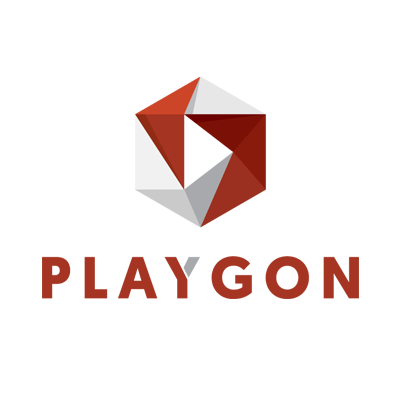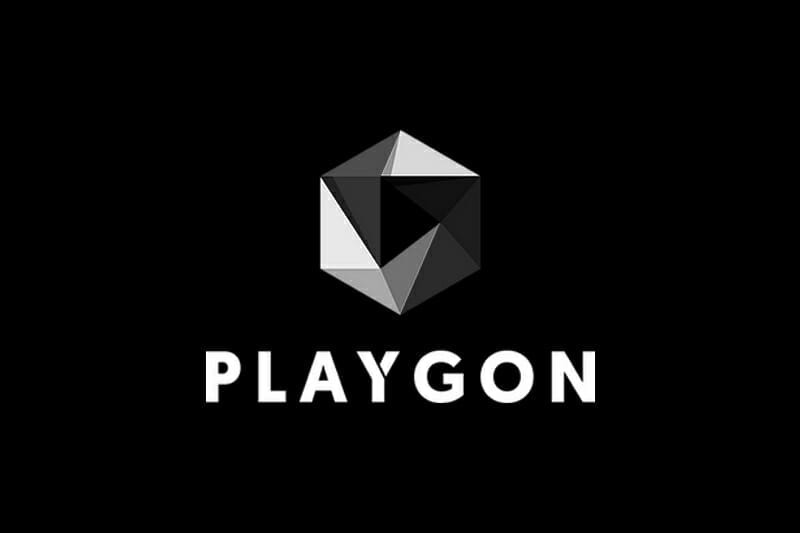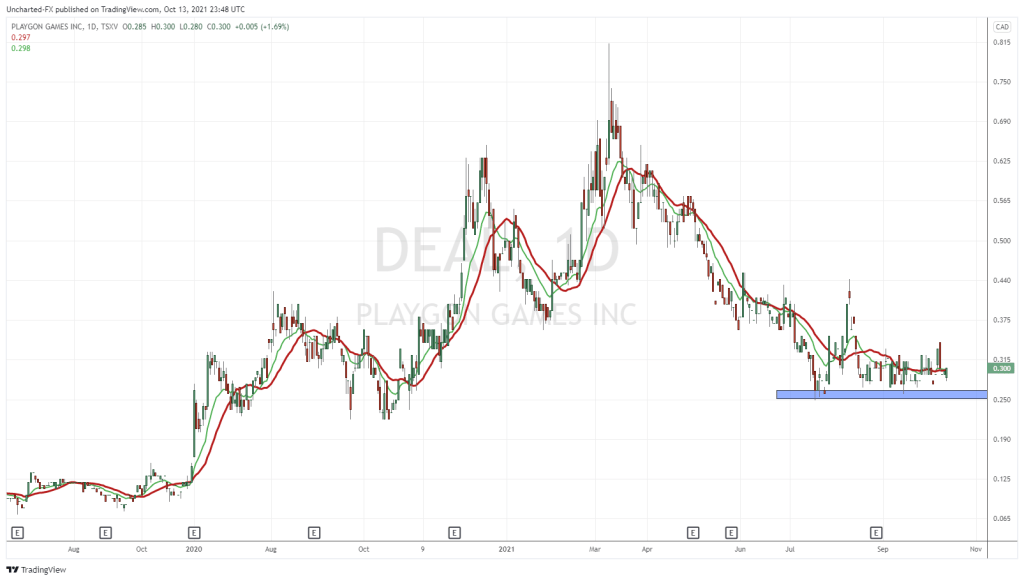Playgon Games (“DEAL.V”) operates in the daily fantasy sports industry. The company offers DFS software and network, which enables its licensed customers to offer a customized and branded DFS product to their end-users. Essentially, DEAL is a Business-to-Business (“B2B”) Software-as-a-Service (“SaaS”) technology provider focused primarily on developing digital content for the growing iGaming Market
In addition, the company focuses on developing and licensing digital content for the iGaming market. It serves online casinos, sportsbook operators, land-based operators, media groups, and big database companies.
Today I thought we would go over their most recent quarterly report and grasp the basics of how the operators see their own business and what information about their operations they feel is important for us as investors.
The first place to start would be the top line or sales figures. As of their March 31st quarterly report, they had no sales to record. The operators do however anticipate two sources of revenue. The first is for licensing and use of the Company’s SaaS. The second are set-up fees which typically pay for the integration, customization, and branding of the customer site for the use of our Live Dealer and DFS products. Since the online gaming industry is heavily regulated, they can only license their products to customers who hold a gaming license.
Because they do not have any sales for me to scrutinize, the next best step is to misallocate my scrutiny to their operating expenses and overhead.

The company has ramped up its promotional campaigns for the three months ended March 31st, 2021 (“Q1 2021”) compared to the three months ended March 31st, 2020 (“Q1 2020”). In Q1 20201 the company spent 149,000 dollars advertising and promotional activities as they ramp up the development stage of their SaaS.
A large chunk ($746,801) of the cash used went to depreciation in Q1 2020 due to an increase of $302,000 in Property and Equipment (“PP&E”). Majority of the increase in PP&E came from an increase of 199,452 in Leasehold Improvements. The depreciation figures also increased, to a lesser extent, because of an increase in the Right-of-use asset depreciation cost of about 32,000.
Salaries in Q1 2020 were 33,233 and jumped to 1.2 million in Q1 2021. As the company is now consolidating the results of Playgon Interactive. Salaries and benefits include salaries for staff at the company’s Las Vegas studio, during Q1 2021 the business increased the number of dealers and supervisors in preparation of the Live Dealer Product going live with SWINTT and IGL. During Q3 and Q4 2020, the Company was focused on the completion of enhancements to its Las Vegas Studio and additional improvement of its SaaS offerings. Additionally, as the firm finished a soft launch during Q4 2020 there were increased staffing expenses linked with the Las Vegas Studio resulting in an increased loss. This also includes an increase in share-based compensation from 6,000 to 445,000 in Q1 2021.
The rest of the expenses can be aggregated and viewed in that fashion. Now that we know how much it costs to keep the lights on ($61,548 in rent and utilities) we can look at how they fund their operations by analyzing their working capital and financing activities.
In Q1 2021 they had a total cash cushion of about 5.2 million. They raised most of this cash because the holders of the companies warrants chose to exercise their rights netting the company’s gross proceeds of 6.9 million in the process. They used some of this cash to pay down 64,000 dollars in loan payments leaving them with a loan payable principle of $700,000. They also paid their scheduled interest payments (21,000) and lease payments (37,000).
The rest of the company working capital assets were in:
- $7,482 in amounts receivable
- $131,401 in Sales tax receivable
- $222,286 in Prepaids and
- $441,840 in other assets of which they break down further. (NOTE 4 of the Consolidated Financial Statements: 4. OTHER ASSETS)
They also had working capital liabilities that totaled 3.5 million mainly in Accounts payable and accrued liabilities.
Lastly, the company had 1.2 million dollars in debt outstanding.

1.25 million (before foreign exchange adjustments) dollars of the loan was to thirty party lenders. The loans are secured by assets of the Company and bear interest at 5% per annum. They also have a Canada Emergency Business Account (“CEBA”) loan of about 60,000 from the Government of Canada. The CEBA loans are interest-free and mature on December 31, 2022. Should the Company repay the balance of the loans before the maturity date, 25% of the loan will be forgiven.
The business has enough cash on its books to deploy into future projects. They expect to purchase 10-15 more projects as they expand their portfolio. This is in the hope that they can start booking licensing fees and set-up fees on their SaaS platforms. This is one company I would watch but would probably not put on my personal watch list. I am not the biggest fan ethically of legalized gambling but that’s just my out-of-touch opinion.




